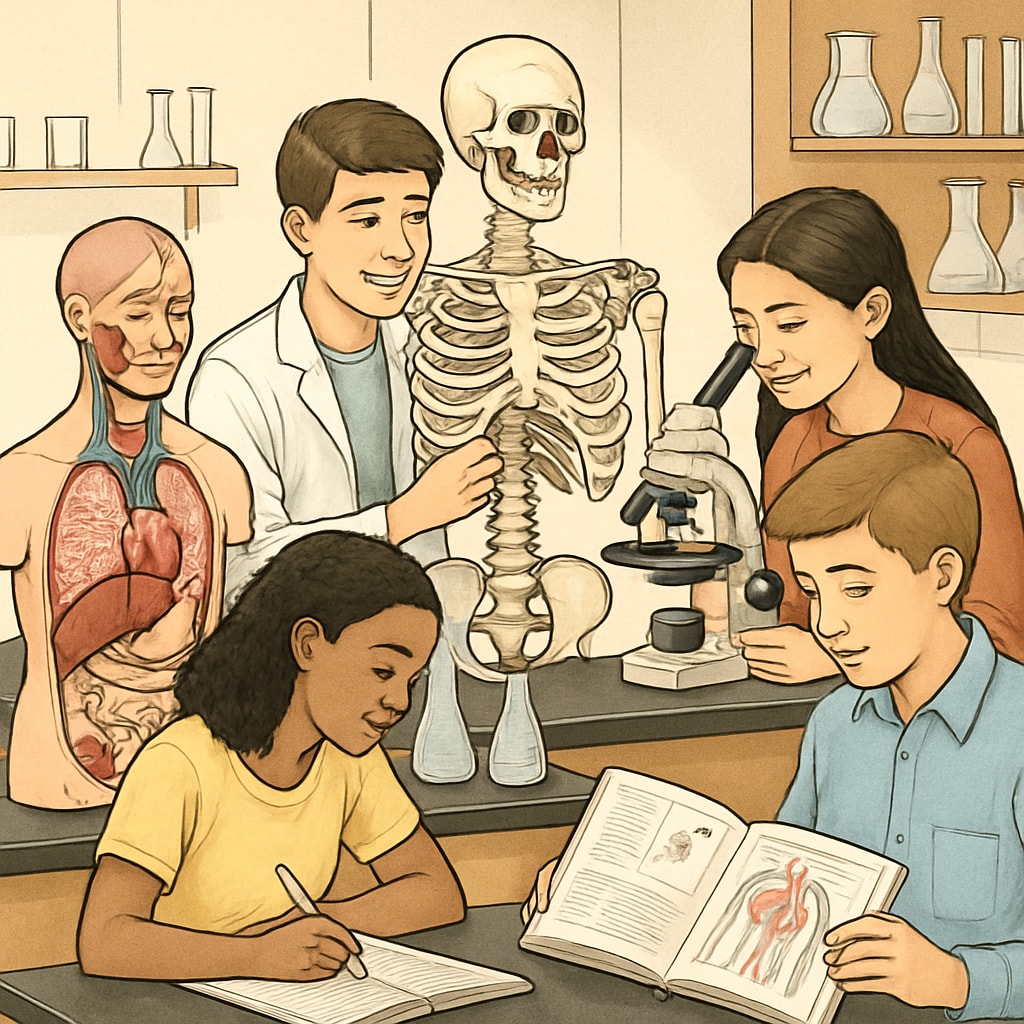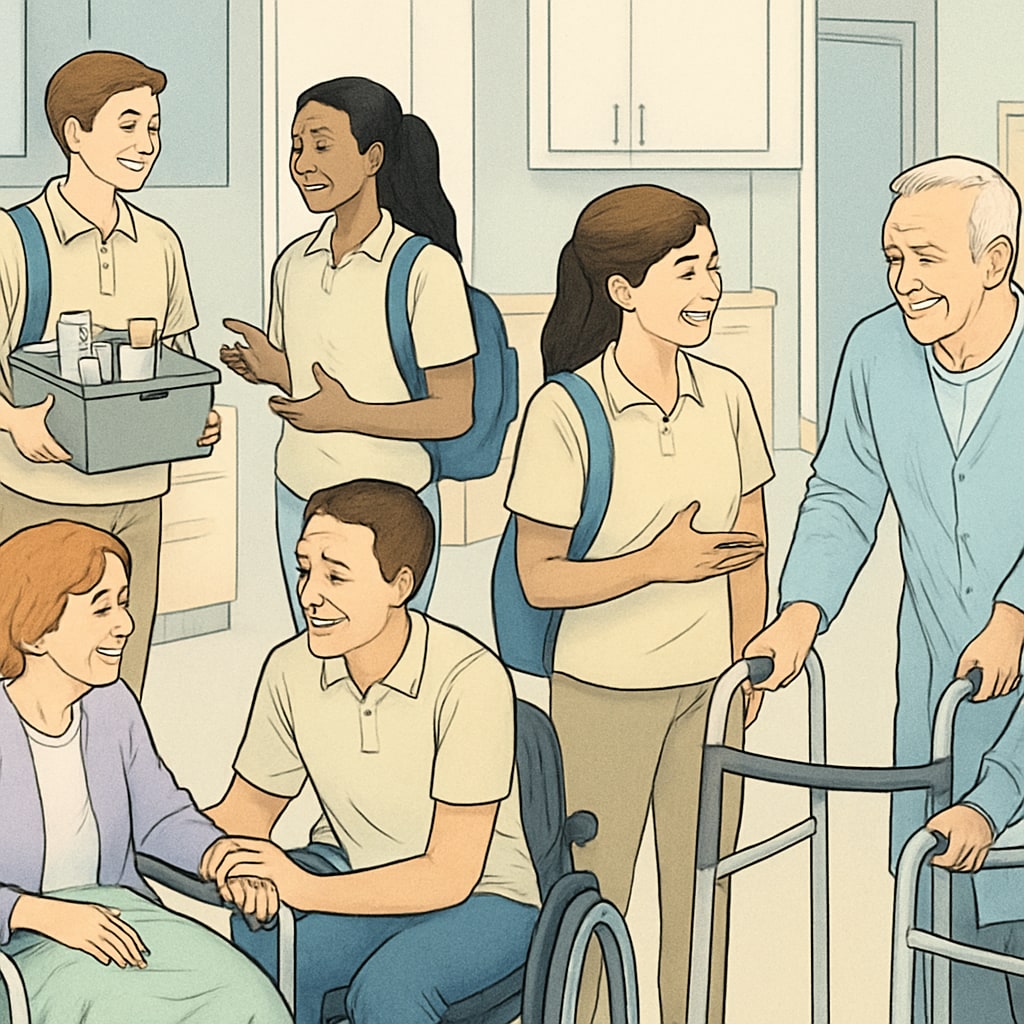Choosing the right path for a successful nursing career often begins in the K12 years, where students can explore nursing programs, college transfer opportunities, and even gain valuable EMT (Emergency Medical Technician) experience. These formative years are not only a time for academic preparation but also an opportunity to develop essential social and practical skills that contribute to a well-rounded future in healthcare.
Early Career Planning: Building a Foundation for Nursing
Planning for a nursing career during the K12 stage is critical. Early exposure to healthcare-related subjects such as biology, anatomy, and chemistry helps students gain a strong academic foundation for nursing programs. Additionally, involvement in extracurricular activities like volunteering at local hospitals or shadowing healthcare professionals can provide insights into the profession.
To ensure success, students should focus on academic excellence while considering their long-term goals. For example:
- Take advanced courses in science and mathematics to prepare for nursing school prerequisites.
- Join clubs or organizations related to health and medicine to build a network of peers and mentors.
- Explore part-time EMT training programs during high school for hands-on experience.

Balancing Academics and Social Life in the Journey
While academic preparation is essential, maintaining a balanced social life is equally important. Nursing professionals often need strong interpersonal skills to communicate effectively with patients, families, and colleagues. Social activities during K12 can help develop these soft skills.
Some strategies to balance academics and social life include:
- Joining student leadership programs to enhance teamwork and communication skills.
- Participating in sports or arts to develop discipline and creativity.
- Learning stress management techniques to avoid burnout during intense academic periods.
These activities not only support mental health but also foster the kind of emotional resilience that is crucial in nursing careers.

The Role of College Transfers and EMT Experience
For students who aspire to pursue nursing, college transfer options can play a key role in accessing specialized programs or institutions better suited to their career goals. Some colleges offer transfer pathways specifically designed for nursing students, enabling them to move to universities with top-tier nursing programs.
EMT experience can further enhance readiness for nursing school and future healthcare roles. Hands-on training as an EMT provides real-world exposure to medical emergencies, patient care, and teamwork, which are invaluable skills in nursing. EMT experience also adds credibility to college applications and resumes, making students stand out in competitive nursing programs.
As a result, combining academic preparation, college transfer strategies, and EMT training creates a comprehensive approach to achieving a fulfilling nursing career.
Conclusion: Preparing for a Balanced and Successful Nursing Future
Navigating the journey toward a nursing career requires careful planning during the K12 years. Integrating academic rigor with social and extracurricular activities fosters a balanced approach to personal and professional development. Furthermore, leveraging EMT training and college transfer opportunities provides a competitive edge for aspiring nurses.
By prioritizing both academic preparation and social growth, students can build a strong foundation for success in nursing programs while maintaining the vitality of their teenage years.
For more information on nursing programs and career pathways, visit authoritative resources like Nursing World or Bureau of Labor Statistics: Registered Nurses.


